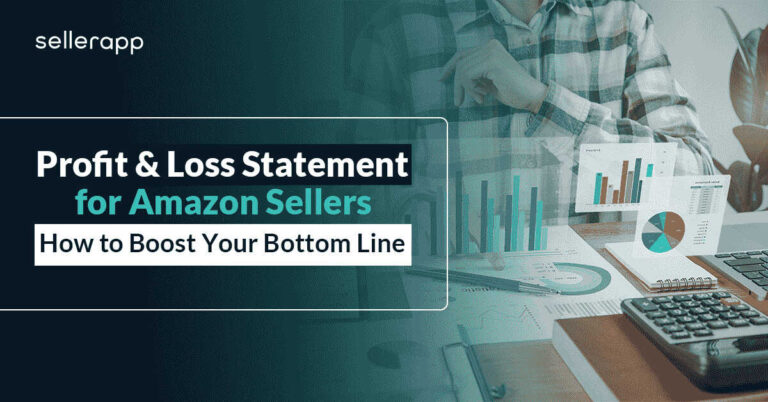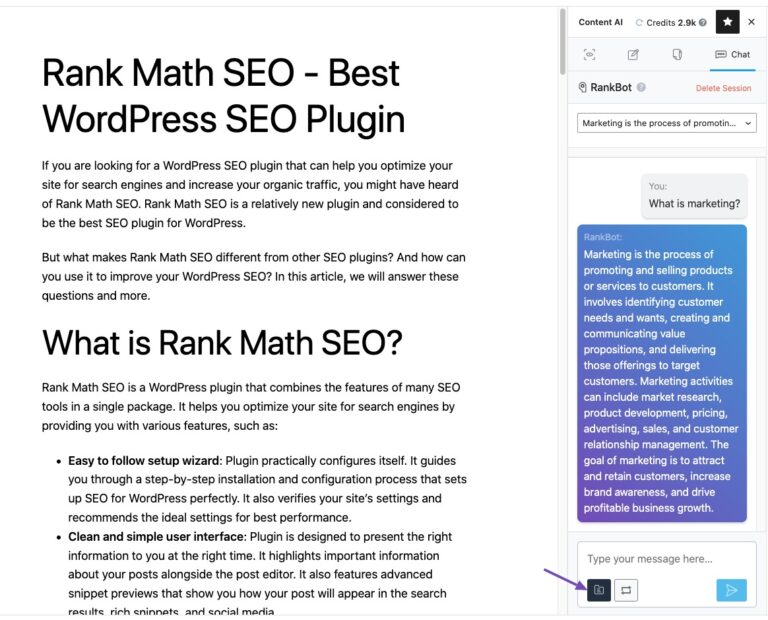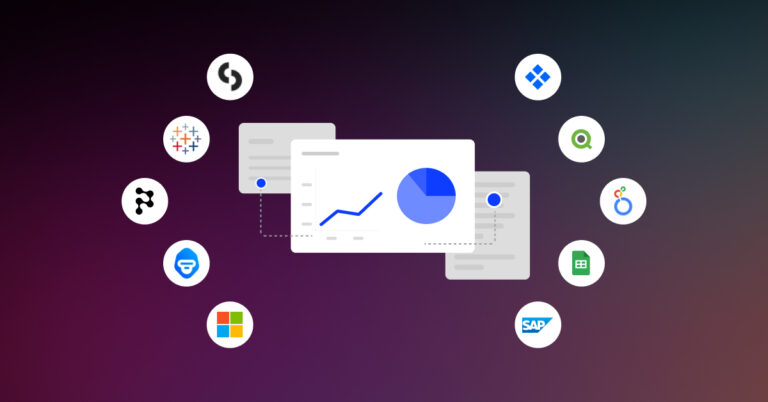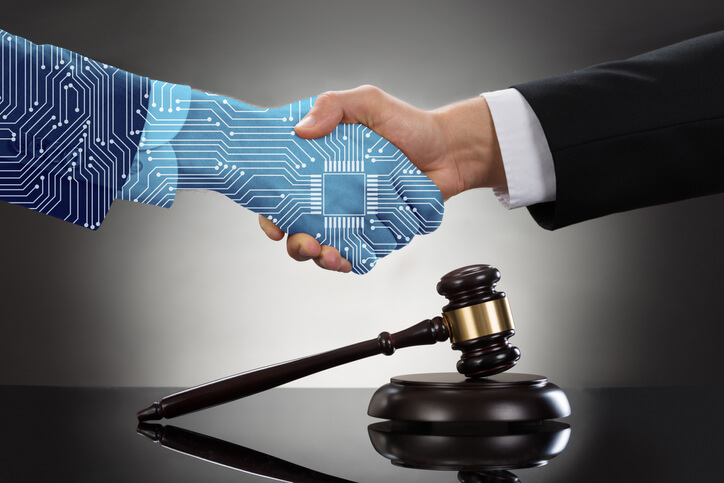Ai Tools for Recruiting: Streamline Your Talent Hunt
AI tools for recruiting streamline talent acquisition by automating processes and enhancing candidate matching. These tools utilize algorithms and machine learning to optimize hiring.
In today’s fast-paced business environment, recruiters are turning to artificial intelligence (AI) to source the best talent efficiently. AI-powered tools assist by parsing resumes, analyzing job descriptions, and even conducting initial candidate assessments. They offer an edge by saving time and reducing manual workload, allowing recruiters to focus on more strategic aspects of their role.
With these tools, companies can quickly sift through vast pools of applicants to find those best suited for their vacancies, ensuring a higher quality of hires and a more effective recruitment process. As such, AI in recruitment not only accelerates the hiring cycle but also significantly improves its outcomes.

Credit: www.linkedin.com
The Rise Of Ai In Recruitment
The Rise of AI in Recruitment is transforming how companies attract, analyze, and hire talent. Artificial Intelligence has embarked on a journey from sheer novelty to a serious competitive tool in the bustling arena of talent acquisition. Recruiters now harness AI’s computational power to streamline or automate some parts of the recruitment process, resulting in more effective hiring practices.
The Competitive Edge Of Ai
In today’s job market, a swift and strategic hire can be the linchpin in staying ahead of the competition. AI solutions provide that efficiency and speed. From sourcing to onboarding, AI-driven tools help companies to:
- Reduce time to fill: Al automates candidate sourcing, leading to quicker hires.
- Enhance candidate quality: Advanced algorithms assess and identify top talent.
- Improve retention rates: Predictive analytics forecast candidate job fit and longevity.
- Neutralize bias: AI can help create more diverse workforces by reducing unconscious bias.
Transforming The Hiring Landscape
The embrace of AI is reshaping the recruitment process into an innovative, data-driven practice. Here’s how AI is making an impact:
| Aspect of Recruitment | AI Transformation |
|---|---|
| Candidate Sourcing | AI programs scan numerous platforms to find candidates that match specific job requirements. |
| Resume Screening | AI efficiently reviews and ranks applicants, saving recruiters hours of manual work. |
| Initial Interviews | Chatbots and AI interviewers pre-screen candidates to assess fit before human interaction. |
| Engagement | AI keeps candidates engaged with timely and personalized communication. |
Credit: resources.careerbuilder.com
Ai Algorithms Unpack Resumes
The age of AI recruitment is here, and at the forefront are cutting-edge algorithms designed to sift through vast numbers of resumes efficiently. Think of these AI tools as the ultimate detectives in quest of the perfect candidate. In today’s competitive job market, AI algorithms stand as powerful aids in identifying the most promising candidates by analyzing the subtleties of their resumes.
Decoding Skills And Experience
Breaking down resumes is no small feat. AI algorithms examine each one to extract relevant skills and professional backgrounds. This process involves parsing through work experiences, educational qualifications, and a plethora of skills that applicants list.
- Keyword extraction spots vital skills.
- AI discerns job titles and durations, painting a timeline of a candidate’s career journey.
- Project involvement and accomplishments give weightage to practical experience.
- Automation tools rapidly scan and sort resumes based on job requirements.
Bias Reduction Techniques
Objectivity in hiring is crucial for diversity. AI uses advanced techniques to help reduce unconscious biases. This leads to a more diverse and inclusive workforce.
| Feature | Description |
|---|---|
| Anonymization | Candidate details like names and photos are obscured to ensure impartial evaluation. |
| Standardized Scoring | Scores are assigned based on skills and qualifications, not backgrounds or affiliations. |
| Language Processing | AI identifies exclusionary language and ensures job descriptions are welcoming to all. |
The right AI tools in recruiting can transform the hiring landscape. By leveraging them, companies can ensure they’re assessing candidates on merit and qualification alone, leading to a fairer recruitment process for all.
Chatbots As The First Point Of Contact
The digital age brings a new frontier in recruiting: Chatbots. These AI-powered assistants stand at the gateway between companies and potential candidates. They offer an immediate and interactive conversational experience. This presence transforms the initial stages of the hiring process into a more seamless journey for applicants.
Enhancing Candidate Engagement
Engaged candidates are more likely to follow through with an application. Chatbots provide a personal touch, answering queries and maintaining conversation. This interaction keeps potential hires invested in the opportunity from the outset.
- Round-the-clock availability
- Real-time responses to common questions
- Consistent communication across multiple candidates
Automated Pre-screening
Initial applicant screening can be time-consuming. Chatbots expedite this process with automated questioning. They assess qualifications, experience, and suitability early on, fast-tracking worthy candidates.
| Function | Benefit |
|---|---|
| Collecting Candidate Information | Saves time for recruiters |
| Gauging Interest and Fit | Aligns candidates with job requirements |
| Setting Preliminary Interviews | Streamlines the interview scheduling process |
Predictive Analytics In Candidate Selection
Predictive analytics transforms hiring by leveraging data and AI. It identifies patterns that forecast job success. This approach refines candidate search and improves hiring decisions using accurate, data-driven insights.
Forecasting Job Success
Utilizing historical data, predictive analytics helps recruiters forecast a potential employee’s performance. It evaluates factors such as skill matches, experience, and previous job tenure. This technology generates performance predictions.
Ai In Talent Pool Analysis
Data analysis extends beyond individual candidates. AI examines entire talent pools, providing a broader understanding. It identifies trends and pinpoints strengths within a pool, ensuring the best-fit candidates surface.
- Analyzes skills across the talent pool
- Notes patterns in successful employee histories
- Anticipates future workforce needs
Automated Scheduling And Follow-ups
‘Automated Scheduling and Follow-Ups’ streamline recruiting. These tools save time and reduce errors. Hiring becomes efficient and interactive. Recruiters can focus on the human aspect while AI handles the rest.
Optimizing Interview Processes
With AI, interview scheduling is a breeze. The right tools match candidate availability with interviewers’ schedules. Delays and conflicts become things of the past. Recruiters send out invitations automatically. Candidates choose times that work for them through simple interfaces. Reminders are sent before interviews, ensuring everyone is prepared.
Maintaining Candidate Relationships
Personalized follow-ups keep candidates engaged. AI tools track every stage of the hiring process. Recruiters send timely updates without manual input. Candidates feel valued. This creates a positive impression of the hiring company.

Credit: www.stork.ai
Emerging Ethical Considerations
As AI tools revolutionize recruiting, we must consider new ethical aspects. Machines are becoming part of teams. They help find new talent. But, we need rules. Fairness, privacy, and human values matter. Here, we look at these issues closely.
Maintaining Human Touch
AI makes recruiting faster and easier. Even so, people are still crucial. Emotions and social skills matter in hiring. Good hires need more than what AI sees.
- Empathy: AI cannot feel. Recruiters understand candidate emotions.
- Culture fit: A human touch helps see if someone fits the team culture.
- Personal interviews: Face-to-face or video meetings reveal more than AI can.
Keeping the human touch means balancing tech and people. We use AI to sort. Then humans decide. This ensures fair and personal hiring processes.
Addressing Privacy Concerns
AI digs deep. It can find a lot about candidates. But too much info can be a problem. People’s private lives are important.
| Concern | Action |
|---|---|
| Data Security | Only keep necessary info. Protect it well. |
| Consent | Let candidates know what data AI collects. |
| Transparency | Tell candidates how AI uses their data. |
Recruiters must be careful. They should use data right. People should know what happens with their information. This encourages trust.
Frequently Asked Questions On Ai Tools For Recruiting
What Is An Ai Recruitment Tool?
An AI recruitment tool leverages artificial intelligence to streamline hiring processes, including candidate screening and selection. It optimizes talent acquisition by automating repetitive tasks and analyzing data efficiently.
How Ai Is Used In Recruitment?
AI streamlines recruitment by automating routine tasks, such as resume screening and initial candidate assessments, enhancing efficiency and reducing bias. It also assists in predicting candidate success and improving the overall hiring quality through advanced data analysis.
What’s One Ai Recruitment Tool That Hr Should Consider In 2023?
An AI recruitment tool HR should consider in 2023 is HireVue, offering AI-driven assessments and video interviewing capabilities.
How Do Recruiters Use Chatgpt?
Recruiters utilize ChatGPT for screening candidates, answering queries, and automating initial interview processes. It enhances engagement and streamlines recruitment workflows.
Conclusion
Embracing AI tools for recruiting can redefine your hiring process. These innovations offer speed, efficiency, and precision, attracting the best talent available. Implement them wisely and watch your team’s quality soar. Remember, the future of recruitment is smart technology paired with human insight.
This powerful combination paves the way for success.






